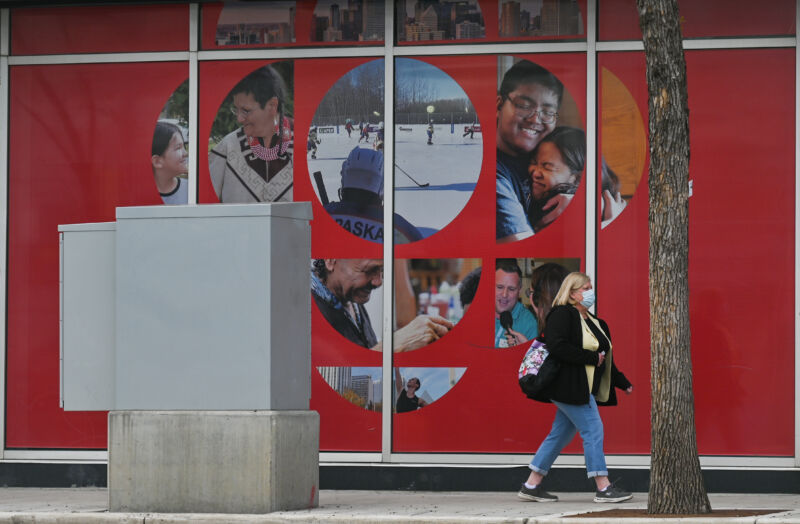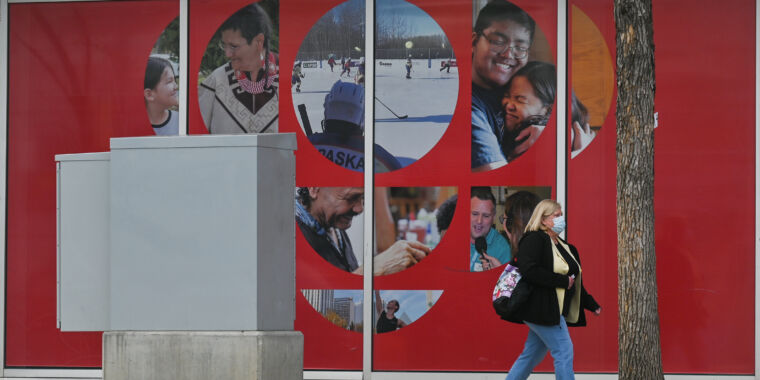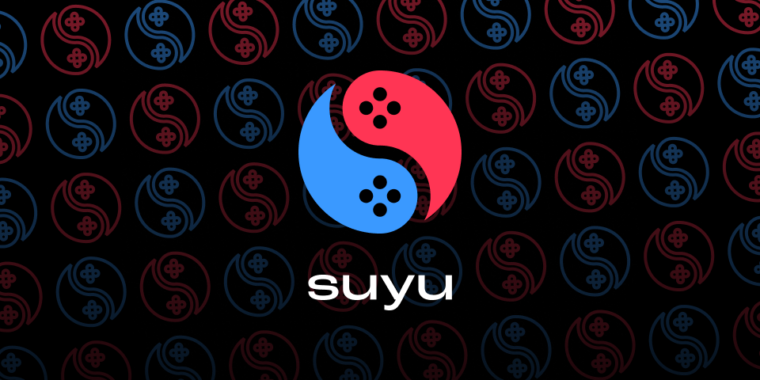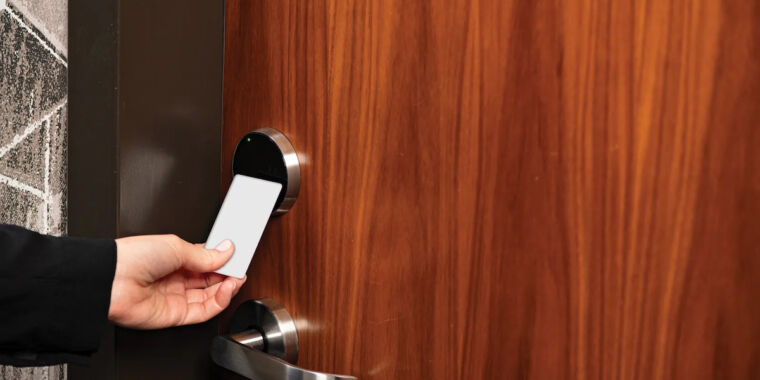
Getty Images
“The beginning of the long dash indicates exactly 1 o’clock Eastern daylight time.”
Millions of Canadians grew accustomed to hearing a version of this daily affirmation on CBC Radio One. The National Research Council Time Signal, and the series of 800 Hz “pips” that preceded and followed the time-setting dash, worked its way into everyday rituals. Human listeners, and automated radio receivers at railways, shipping firms, and other entities, could set their mechanical clocks to it. That is why it started broadcasting on November 5, 1939, the same year as Canada’s entry into World War II.
The long dash’s last broadcast was, somewhat unexpectedly, October 9, 2023.
Both the Canadian Broadcasting Corporation and the NRC have cited accuracy as the reason the 84-year ritual was halted. The CBC told its own reporters that because the CBC is now heard over satellite and Internet connections, not just terrestrial radio, there are delays when people hear it. A spokesperson acknowledged Canadians’ “fondness” for the daily ritual but said it “can no longer ensure that the time announcement can be accurate.”
There were network buffering issues in 2014 that led to the English signal being about a second late. Another accuracy impediment was the switch to HD radio in 2018, which, a National Research Council (NRC) spokesperson told CBC, caused a delay of up to nine seconds in the time signal broadcast.
John Bernard, of the National Research Council of Canada, walks through the operation of the Time Signal.
When Canada’s time signal started—six years before America’s own national time broadcast, WWV—it was known as the Dominion Observatory Time Signal. It was initially broadcast by shortwave channel CHU, announcing a time derived from pendulum clocks, backed up by astronomical observances. It served to provide accurate time to rural and remote areas, such as survey teams working far afield. It was initially a steady frequency, interrupted by the time in Morse code, but eventually included voiced announcements and digital audio. Its popularity with shortwave enthusiasts eventually grew to encompass Star Wars sound designer Ben Burtt, who captured his grandfather’s HAM radio receiver tuned to CHU and made it the sound of the Rebel Alliance’s radar in The Empire Strikes Back.
CHU continues to broadcast, and Canada’s time itself is still remarkably accurate, now powered by cesium atomic clocks and based on International Atomic Time (which is different from Universal Coordinated Time, or UTC, but that’s a whole other thing). Many modern devices can connect to the NRC’s Network Time Protocol (NTP) server. You can also call CHU by phone to get the time in English or French (though possibly delayed by up to a half-second by one or two satellite “hops”). If you need a pretty good time reckoning, you can still get it in Canada through a variety of means.
CHU Canada’s time signal, as captured by a shortwave enthusiast in 2009.
That doesn’t so much explain the dropping of the radio announcement as make it more confounding. Few, if any, important clocks were being set to the radio signal’s time. Instead, it served as one of the nation’s few collective shared experiences. Since the long-dash drop, stories have emerged of Canadian expats getting a taste of home by tuning in, of tea towels featuring the long dash, of people who trained their dogs to sit and wait for a treat when they heard the announcement.
Laurence Wall, the source of the last automated recording of the announcement at 12:49:40 am on October 9, has told numerous media outlets that he’s likely more familiar to the world as the time announcer than for any news work he’s done.
“I really think it’s part of the Canadian psyche, in many ways,” he told the Ottawa Citizen in 2014. “You still like the security of hearing it every single day… you just know that everything’s normal. If you hear that, everything’s OK.”
(Hat tip to Hackaday, where we first saw this news.)
This post was edited to clarify the timing of CHU’s time signal broadcast, vis-a-vis World War II, and the phrasing of the time signal anecdote at the beginning (which has changed over the years, vis-a-vis the placement of silence).








